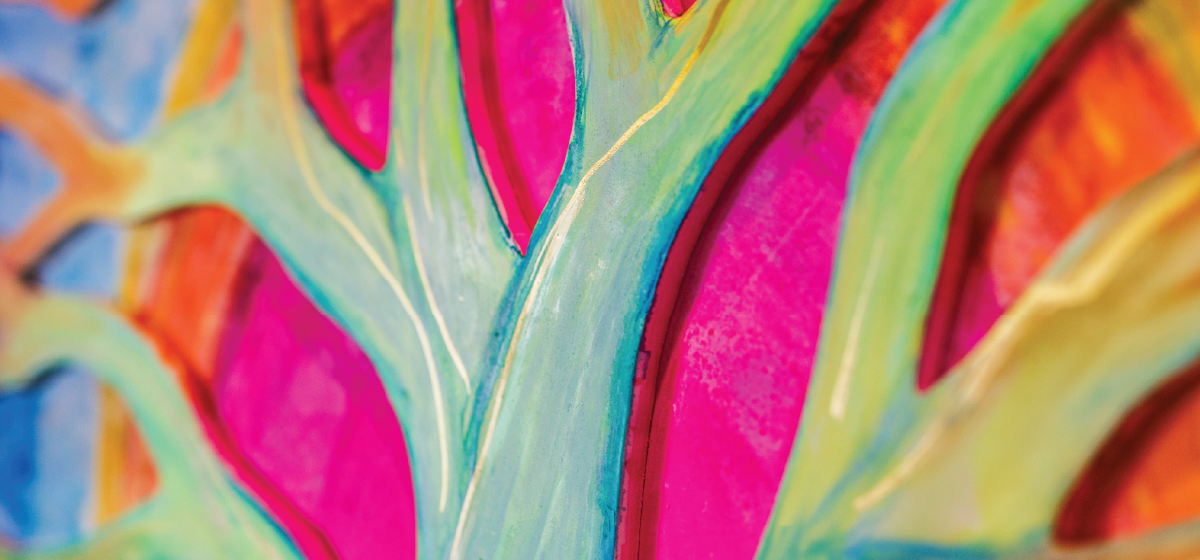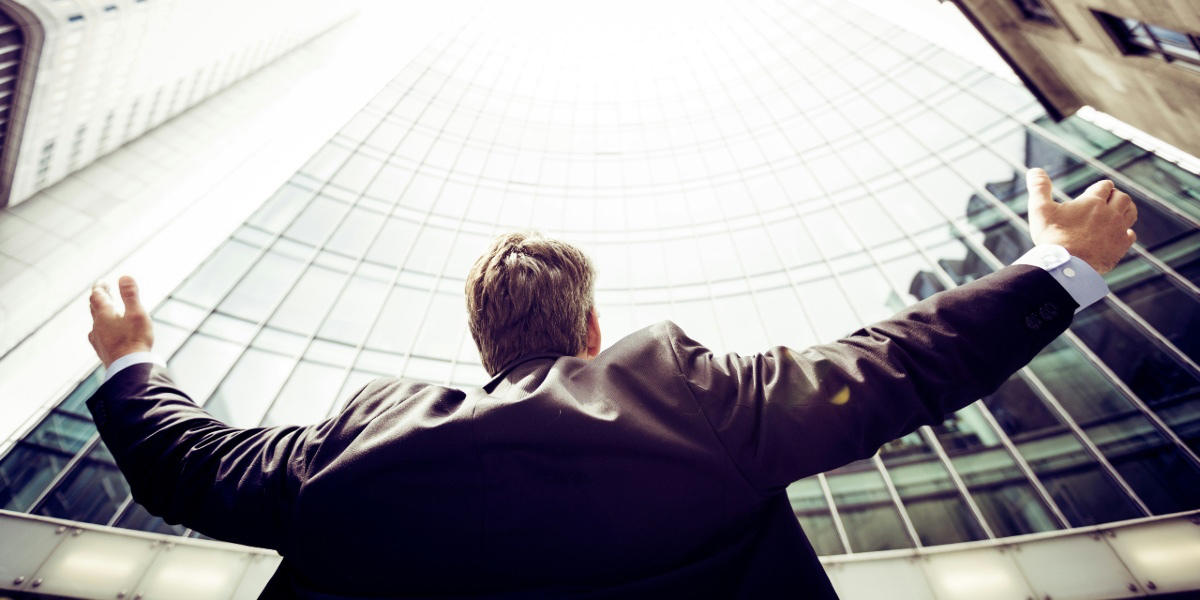Psychology remains one of the most popular fields of graduate study in the U.S. The number of master’s degrees earned in psychology continues to grow year-over-year, with more than 32,000 graduates earning theirs in 2021.
Earning a master’s degree in psychology has the potential to change a student’s life and the lives of those in their community; however, there may be instances when pursuing a highly focused psychology certificate would make more sense. Keep reading to learn more about psychology certificates, how psychology certificates differ from psychology degrees, and the many benefits of earning a certificate.
What is a Psychology Certificate?
Psychology and other academic certificates acknowledge the completion of a specific course or program of study in higher education outside the scope of a traditional degree. Many students and professionals seek academic certificates for the specialized focus on a particular subject that can supplement their current knowledge and skill set.
Earning a certificate also exemplifies the learner’s passion and commitment to their chosen subject. Completion of a certificate program indicates to hiring managers that a candidate respects their field, dedicates themselves to continued personal and professional growth, and can handle the rigors of challenging work.
While some certificate programs require enrollment in a degree program, many certificate programs are open to career-focused individuals with curious minds who are not full-time students.
What Are the Differences Between a Psychology Certificate and Psychology Degree?
Psychology certificates and psychology degrees are both academic achievements marking the successful completion of a psychology program, but there are some key differences that set the two apart.
Psychology degree programs offer a broad, comprehensive education in psychology. These programs typically cover a wide range of topics and practical skills that will act as the foundation upon which students will build their future careers. Psychology degrees often include lessons on research methods and psychological theory, and some allow students to focus on a more specialized area of study within the field such as Creativity Studies, Existential and Humanistic Psychology, or Psychophysiology.
A psychology degree is ideal for students seeking a well-rounded education in psychology and a wider range of career options upon graduation, including those that require a degree as a prerequisite. Working professionals often seek psychology certificates to supplement their full degrees with study of a particular topic that will advance their careers or open doors to other opportunities that require such in-depth knowledge.
The Benefits of Psychology Certificate Programs
Time and Cost
Psychology certificate programs are often less time consuming and less expensive than full degree programs. Because they do not have to build the foundational knowledge of the entire field through multiple courses and textbooks, psychology certificate programs reduce time and costs by getting right to the subject at hand.
Each program will differ depending on a number of variables; however, one can expect to spend two to three years earning a master’s degree and at least four to five years completing a doctorate. Certificate programs also vary in length, but many can be completed in less than a year.
Flexibility
Flexibility is crucial for working professionals with full-time schedules to navigate. Most certificate programs do not include full-time coursework that would require taking a break from a career. With options for online, remote, and hybrid learning, many students can earn their certificates from the comfort of their own homes.
Professional Development
Earning a psychology certificate can be a valuable way for the career-driven psychologist to gain additional credentials and expertise in a specialized subject, enhancing job prospects and providing a competitive edge in the job market.
Certificates can also expand the scope of a current career, giving the earner confidence to work on more complex projects, accept greater responsibility, or to become a subject matter expert who others rely on for answers.
Psychologists are not the only ones who can enhance their careers with a certificate. Some professions incorporate aspects of psychology without directly providing psychological services. These include careers in social justice, functional nutrition, and wellness coaching. A psychology certificate focused on one of those specific topics can help community organizers, nutritionists, and life coaches develop a deeper understanding of psychological elements within their specialties and how those elements can be used to improve the lives of their clients.
Psychology Certificates at Saybrook University
A pioneer in online learning since its inception, Saybrook University is proud to offer a variety of flexible and affordable certificate programs that provide professional training opportunities in areas such as psychology, health care, and consultation.
Some of these programs may be used to satisfy educational requirements for national certification in a variety of areas; be sure to review the program descriptions carefully for more information. In addition, students may transfer credits from these certificate programs toward applicable degree programs.
Humanistic and Clinical Psychology
- Certificate in Creativity, Innovation, and Leadership
- Certificate in Foundations of Existential-Humanistic Practice
Psychophysiology
- Certificate in Biofeedback
- Certificate in Neurofeedback
- Certificate in Stress Management Education
- Certificate in Clinical and Applied Hypnosis
Transformative Social Change
Integrative and Functional Nutrition
Integrative Social Work
Mind-Body Medicine
- Certificate in Mind-Body Medicine
- Certificate in Contemplative End-of-Life Care
- Certificate in Integrative Wellness Coaching
Interested in learning more? Visit the Areas of Study page to explore every program Saybrook University has to offer, or contact an enrollment counselor today to help you find the program that’s right for you.

Find Out More
Recent Posts






























